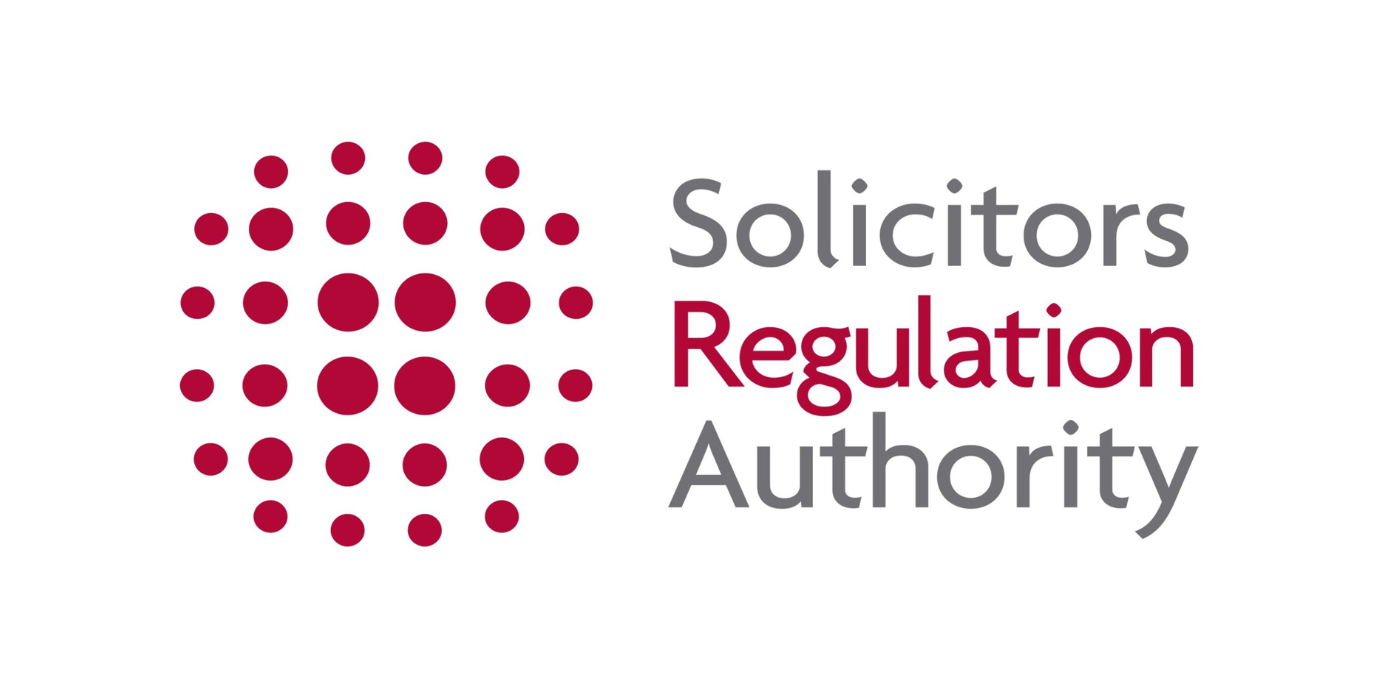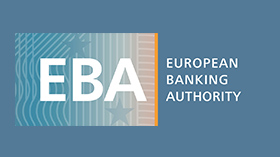The Solicitors Regulation Authority’s (SRA) recent activities signal a heightened focus on anti-money laundering (AML) compliance. With increased inspections, desk-based reviews, and significant fines levied against non-compliant firms, 2025 could well be the year your law firm faces an audit. Preparing for this possibility isn’t just prudent; it’s essential. Here’s what you need to know.
The SRA’s increased scrutiny
The SRA’s 2023/24 AML report highlighted a great deal more action on law firm audits. Over the past year, the SRA conducted 254 inspections and 258 desk-based reviews, doubling its engagement with firms. 23% of firms were found non-compliant, leading to corrective or enforcement actions such as fines totalling £556,832, warnings, and even referrals to the Solicitors Disciplinary Tribunal (SDT). The SDT imposed £511,900 in fines, along with other sanctions such as employment controls and conditional authorisations.
These statistics underline the SRA’s growing commitment to holding firms accountable for AML and financial sanctions compliance.
The SRA’s focus on small and medium firms
The last year 2024 saw a series of fines issued by the SRA for failures in AML compliance for small and medium-sized law firms. Three examples of fines from 2024, totalling over £45,000, were issued for basic money laundering due diligence failings and inadequate AML policies. On average, AML fines for smaller firms range from £10,000 to £25,000, creating a stark warning for firms to ensure their compliance frameworks are robust.
The three example breaches involved failing to conduct proper client and matter risk assessments, inadequate due diligence on third parties, and insufficient checks on funds from outside jurisdictions. Obaseki & Co Ltd received a £9,000 fine for accepting £500,000 into its client account without verifying the source of funds. Similarly, Albert Partington was fined over £11,000 for ignoring red flags in a conveyancing transaction, acting against AML regulations, and failing to manage conflicts of interest. Meanwhile, Fairhurst Menuhin and Co Ltd faced a fine of nearly £24,000 for significant procedural failures, such as accepting funds before completing due diligence and lacking proper risk assessments.
Common compliance pitfalls
Among the total of 118 firms found non-compliant in the last year, the most frequent breaches the SRA identified included:
- Failing to conduct client and/or matter risk assessments.
- Lacking a compliant firm-wide risk assessment.
- Inadequate AML policies, controls, and procedures.
- Insufficient staff training.
- Poor client identity verification and ongoing monitoring processes.
- Failure to carry out source of funds checks.
These issues highlight the importance of robust compliance frameworks, effective training, and regular audits to meet regulatory requirements. Many of these issues were highlighted in the SRA’s thematic review of AML training published in October 2024.
The cost of non-compliance
Failure to prepare for an audit can result in hefty fines, reputational damage, and operational disruption. Over the past year alone, the SRA issued fines exceeding £600,000, with some firms penalised for failing to maintain basic AML procedures for years. The stakes are high, and the SRA has made it clear that it will continue to rigorously enforce standards.
Preparing for an SRA audit
To ensure your firm is ready for an inevitable audit, consider these steps:
Conduct comprehensive risk assessments Evaluate your AML processes to identify and address compliance gaps. Document all client/matter risk assessments and ensure they align with SRA requirements.
Strengthen policies, controls, and procedures Implement tailored AML policies and ensure their consistent application. Automated systems can help enforce compliance and flag incomplete due diligence.
Prioritise training Effective AML training is critical. Use the ROLE framework:
- Relatable: Tailor training to specific roles and risks within your firm.
- Ongoing: Update training regularly and avoid treating it as a one-time exercise.
- Leadership-driven: Secure buy-in from senior management.
- Engaging: Use interactive methods such as workshops, webinars, and e-learning with real-life scenarios.
Leverage technology RegTech solutions, including digital ID checks and AI-powered monitoring, can streamline compliance processes. Ensure your chosen technology is reliable and compliant with SRA standards.
Stay informed and adaptable Keep up with SRA’s thematic reviews, such as the upcoming focus on source of funds, and be ready to adjust your practices accordingly.
How VinciWorks and Compliance Office can help
The SRA’s intensified focus on AML compliance is reshaping the regulatory landscape. Firms must act now to ensure their practices are compliant, well-documented, and aligned with regulatory expectations. Partnering with experts like Compliance Office can provide the guidance and tools needed to navigate this complex environment with confidence.
Compliance Office, a partner of VinciWorks, offers tailored solutions to help law firms prepare for SRA audits and maintain compliance. Their comprehensive services include:
- SRA Consultancy: Expert guidance on drafting and maintaining AML procedures, conducting audits, and file reviews.
- Training: Customised compliance training sessions delivered online or in-person, covering AML, GDPR, SRA rules, and more.
- Templates and Manuals: Ready-to-use SRA and AML compliance templates, including risk assessments and procedure manuals.
- Software Solutions: Cloud-based tools to manage complaints, CPD, and compliance reporting efficiently.
- SRA Authorisation Support: Assistance with business structure guidance, financial forecasting, and COLP/COFA training.
With our extensive experience and specialised resources, partnering with Compliance Office ensures that your firm is audit-ready while minimising disruption to your operations.
















